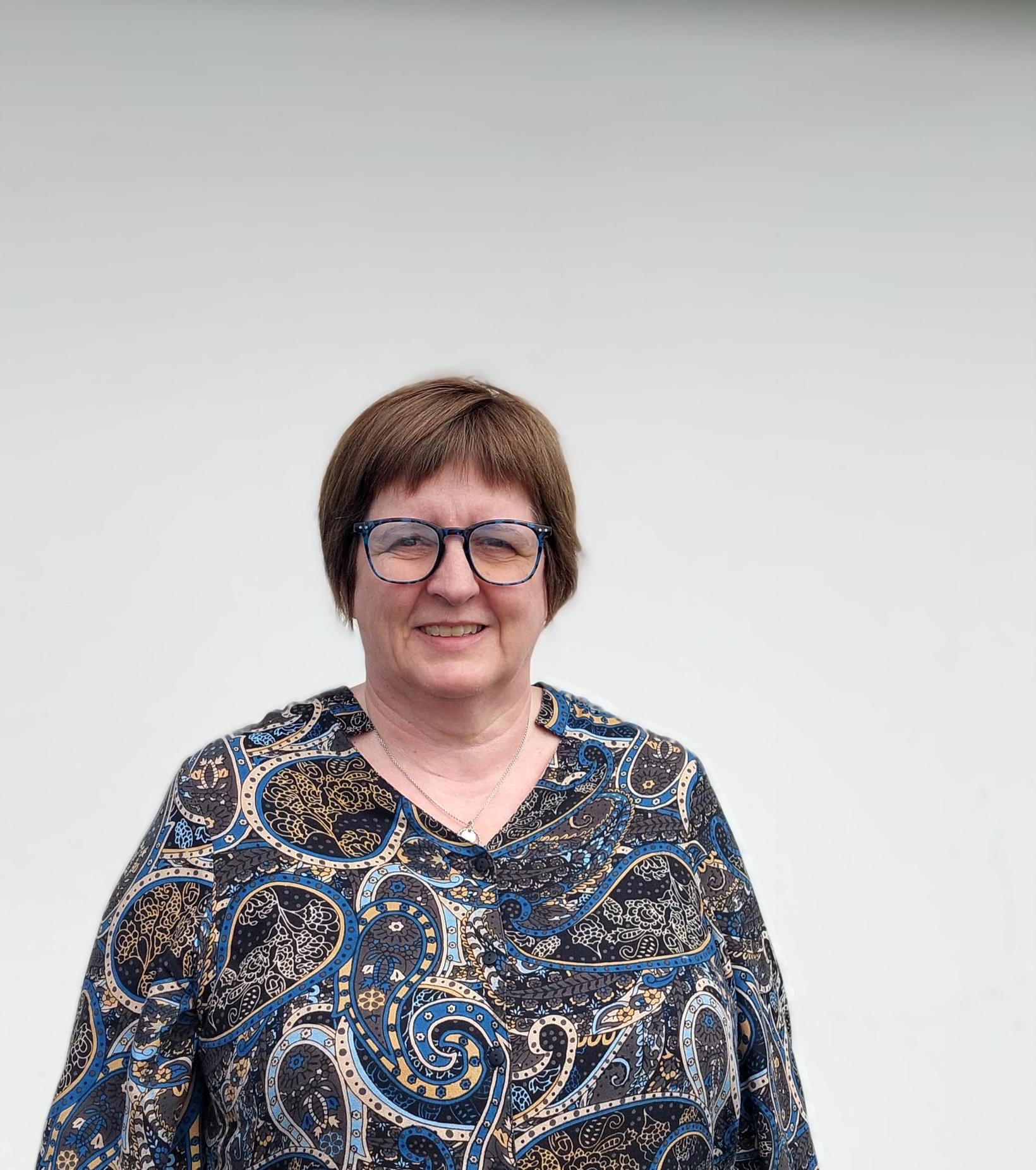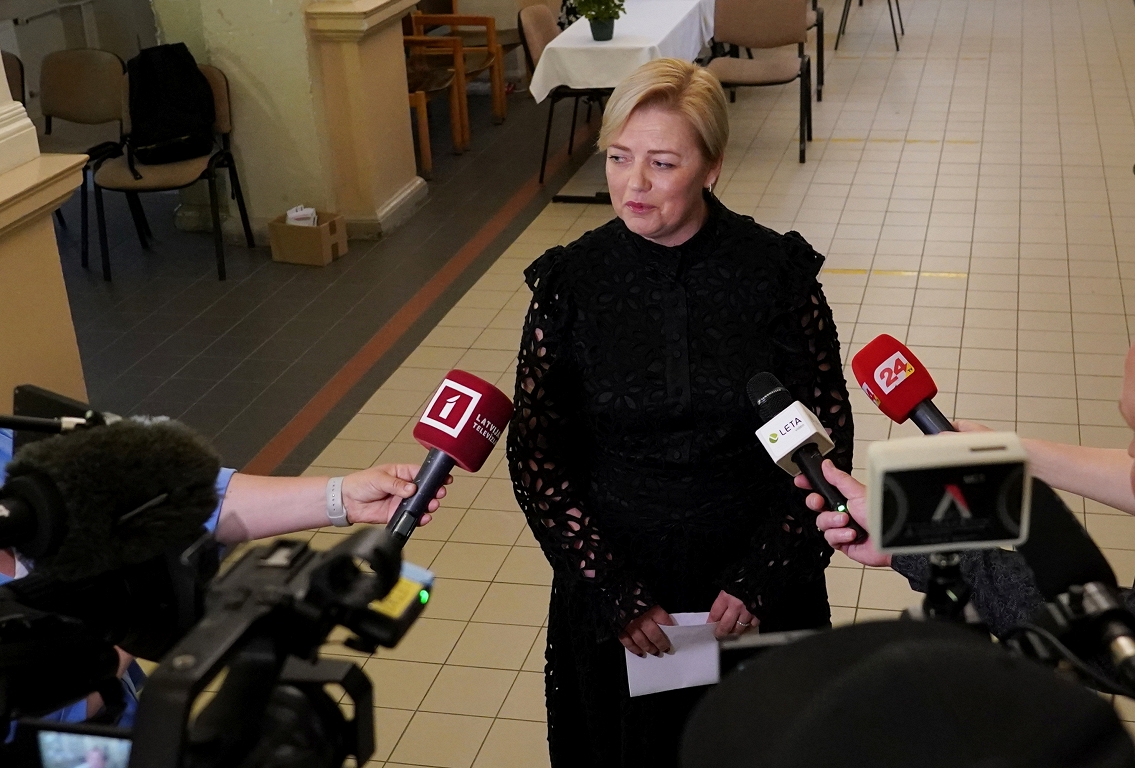Say the bill contributes to political discrimination

Proponents of the Student Association of the Commercial School of Iceland say the bill of Guðmundur Inga Kristinsson, the Minister of Education and Children’s Affairs, amending the law of upper secondary schools, violates the principle of non-discrimination of the Constitution and promoting the political discrimination of students.
This is stated in the submitted comments of the Student Union to the General Affairs and Education Committee of the Althingi, which will include the issues of the upper secondary schools.
It is Pétur Orri Pétursson and Eva Sóley Sigursteinsdóttir who submit the review on behalf of the student association.
A clear authority to look at other points of view
Guðmundur Inga’s bill is to give upper secondary schools a clearer authority to look at factors other than grades in the selection of students into upper secondary schools, for example information on participation and results in informal studies, social work and sports and information that sheds light on the student’s interest.
« It is also proposed that considerations may be taken into account related to the school community, including to counteract homogeneity in student groups. For example, it is possible to check for enrollment, that other rules apply to the educational achievement of those who do not have Icelandic in the mother and a number of students.
Asks how many students of parliamentarians intend to sacrifice
In a conversation with mbl.is, Peter says that fears are the effect of the legislation on the educational progress of students in upper secondary schools in Iceland. He believes it is peculiar that instead of the education system working to achieve the greatest academic achievement among students, goals such as the diversity of a student group are in the foreground.
The students prefer to see the emphasis on improved learning outcomes, for example, with the source of coordinated exams.
« You wonder what kind of message is being sent. That academic achievement is no longer the key factor about the future potential of students but social and biological characteristics such as gender. This is a very strange thinking, » says Peter.
In the student association’s opinion, students ask the Commercial School: « What are you parliamentarians willing to sacrifice many excellent students to achieve greater diversity in a student group? »
Certain aspects of the bill need to be explained
Then the students call for certain aspects of the bill to be explained better.
For example, Peter asks what is involved in participating in « informal studies » and who intends to rule on it.
« For example, who intends to define what is informal learning and what falls under it? It has to explain this better because this is very important and it matters to us a lot, » says Peter.
Should obey the instructions of a teacher
The students are also concerned about changes regarding the student associations of the upper secondary schools, but the bill proposes a change, which stipulates « that students must abide by the instructions of teachers and staff in everything related to the school, including working on behalf of high school student associations. »
Peter says that there are various concerns among students about what is included in this change. He says, among other things, that there is fear that the voice of students within the schools will be censored by employees and that in the end it will not be given a background.
« We think this is very strange. Student associations are hugely important for providing young people within the school to promote some kind of discussion and exchange of views, and not least to promote the democratic participation of college students, » says Peter.
Hope for conversation
Pétur hopes that the General Affairs and Education Committee will take the review for review and hopes for a further conversation with the committee.
« We think we have a voice that is missing in this debate and we only feel sad if the General and Education Committee does not consider this. We are always ready to have a conversation with them and of course hope for it, » he says.
Log in to read forward
Access to this full -length news requires a subscription.
To read it, you need to log in.
Don’t you have user access? Go to the registration.
Get a subscription to read on
You are in regulated that … But do not subscribe.
Access to this full -length article requires a subscription to Morgunblaðið, electronic access such as a weekly pass or a special subscription to the relevant content category on mbl.is.






/s3/static.nrc.nl/images/gn4/stripped/data133372051-267d68.jpg|https://images.nrc.nl/0bsgpB5XiAI8ebNfWWSi4LLYU0k=/1920x/filters:no_upscale()/s3/static.nrc.nl/images/gn4/stripped/data133372051-267d68.jpg|https://images.nrc.nl/baUmKbJDqAIQAskn2-jIhwqGa4w=/5760x/filters:no_upscale()/s3/static.nrc.nl/images/gn4/stripped/data133372051-267d68.jpg)